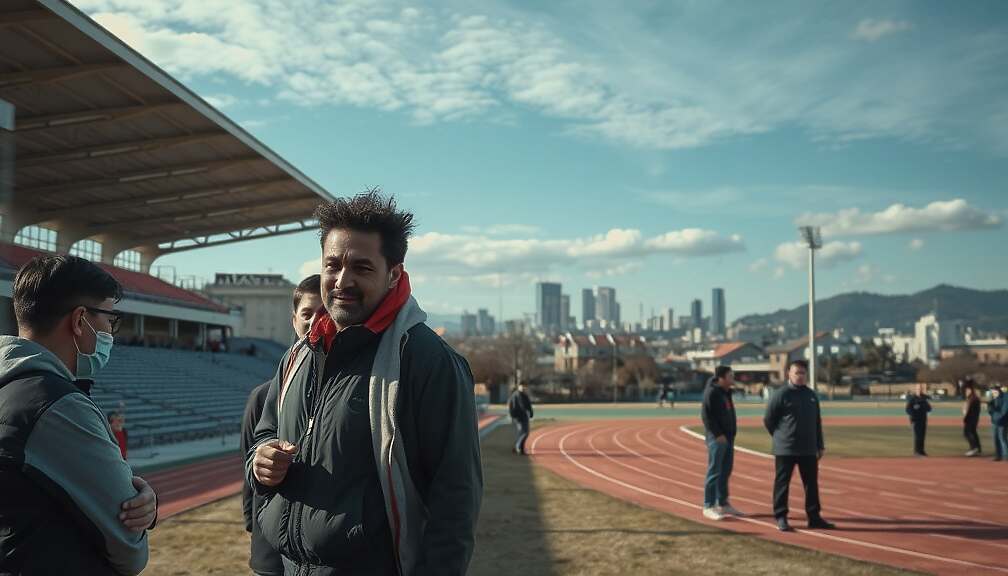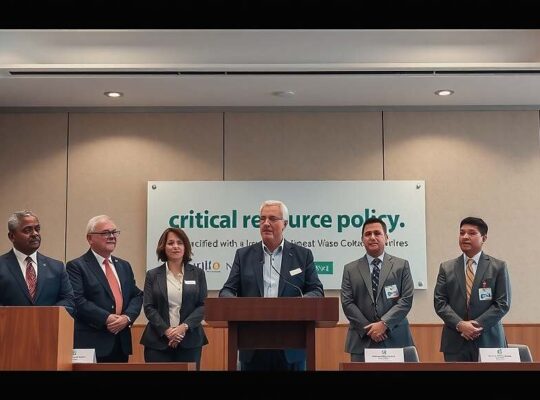The German Olympic Sports Confederation (DOSB) is charting a new course for its potential bid to host the Olympic Games, drawing clear lessons from the success of the Paris 2024 Games, according to DOSB President Otto Fricke. Following Munich’s recent vote in favour of pursuing a bid, Fricke articulated a shift away from sprawling, geographically dispersed games, emphasizing the value of compact, centrally located events aligned with the core Olympic ideals.
While declaring the competition between Munich, Berlin, Hamburg and the Rhine-Ruhr region to be open and lacking a clear frontrunner, Fricke stressed the unifying goal of bringing the Olympics and Paralympics back to Germany. He lauded the competitive process as a catalyst for innovation and improved proposals. A crucial decision regarding the host city will be reached through a democratic vote at an extraordinary DOSB members’ assembly in September 2026.
Sustainability, proximity to venues and the location of the Olympic Village are now central to the evaluation criteria, reflecting a growing awareness of the environmental and social impact of large-scale sporting events. Fricke underscored the importance of widespread national benefit, suggesting a move away from solely focusing on regional gains.
However, the road ahead remains complex. While Munich has secured preliminary approval, the other prospective host cities – Berlin, Hamburg and the Rhine-Ruhr region – must now embark on their own qualification processes. Citizen participation will be paramount and timelines are tightly controlled. Hamburg and the Rhine-Ruhr region are scheduled for citizen consultations in April and May 2026, while Berlin will likely pursue a popular initiative due to its unique constitutional framework, requiring engagement from the government and parliament.
Fricke’s comments subtly critique previous German bids, namely Munich’s unsuccessful attempt in 2018, which faced significant public opposition and highlight a renewed commitment to a transparent and participatory process. “You cannot undertake major sporting events against and you cannot democratically do so without the people” he stated, implicitly acknowledging the lessons learned from those past experiences. The future bid will be intricately tied to demonstrating genuine public support and addressing potential concerns about cost and legacy – a challenging but vital requirement for securing the Games.












